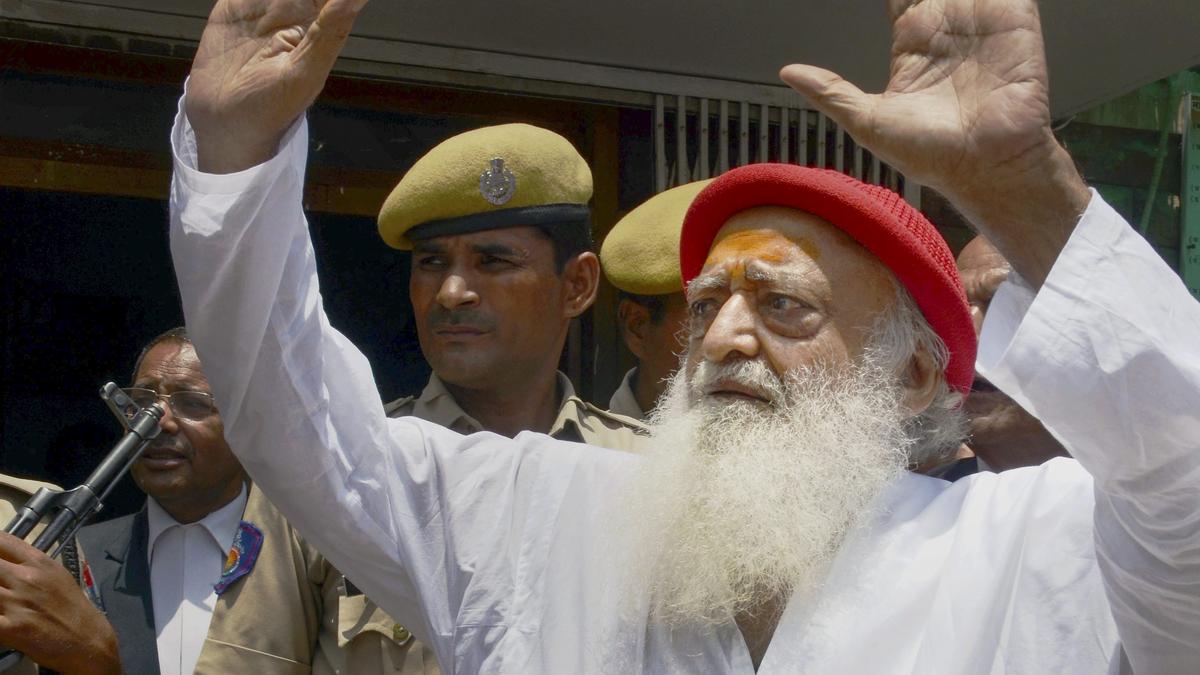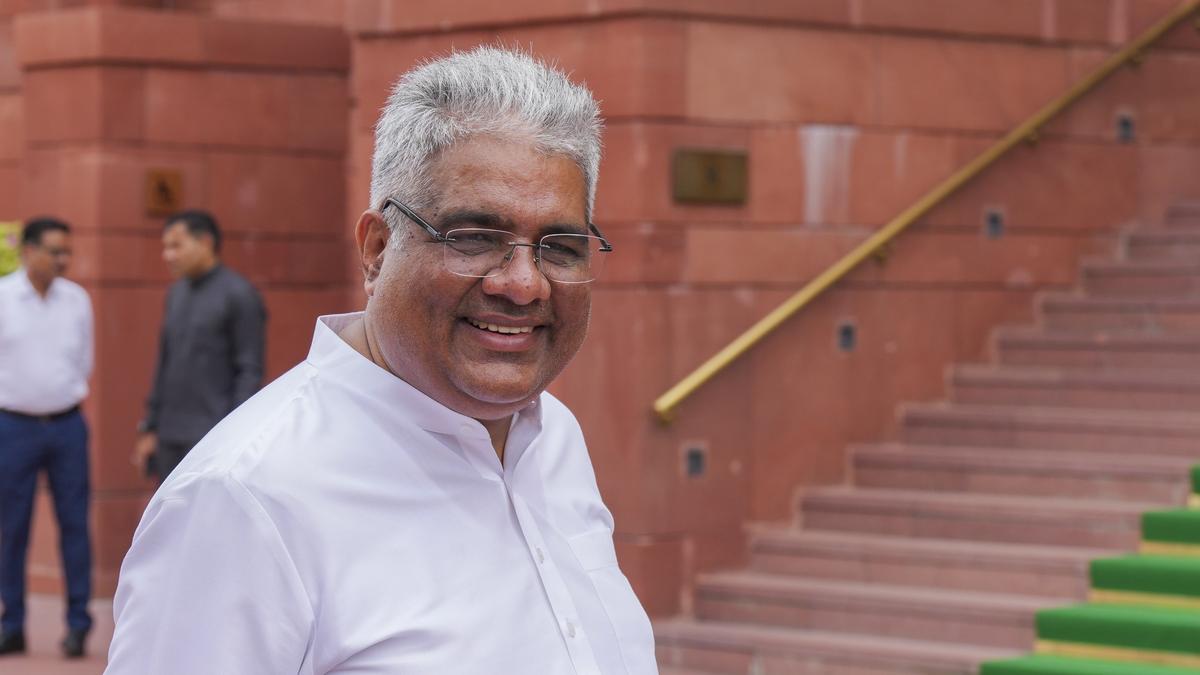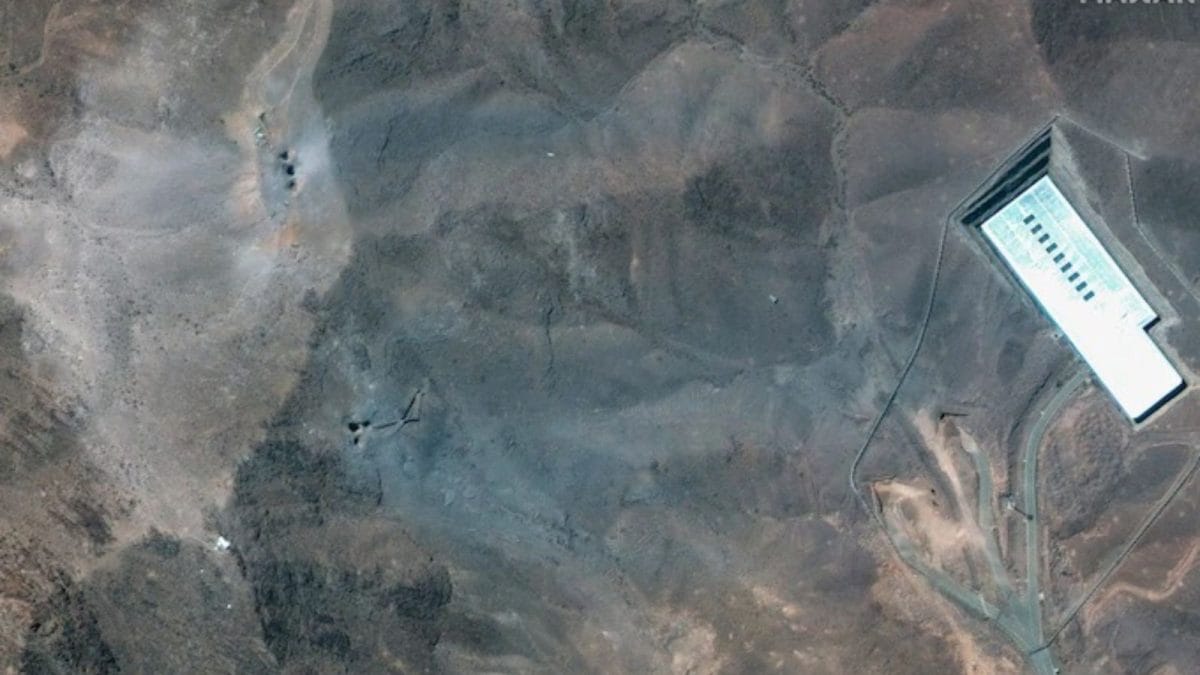Highlighting the alarming erosion of agricultural biodiversity, Sahaja Samrudha, in association with Rebuild India and Sahaja Seeds, is organising a Desi Seed Festival in Mysuru on July 5 and 6 at the Nanjaraja Bahadur Choultry.
The two-day event - scheduled to take place from 10 a.m. to 8 p.m. on both days - aims to revive awareness and promote the conservation of indigenous seed varieties, bringing together seed conservators, farmer scientists, enthusiasts, and consumers.
The seed expo will feature over 100 varieties of native crops, including rice, millets, tubers, pulses, greens, and vegetables. In addition, traditional groundnut types, rare pigeon pea varieties, black and green chickpeas, and value-added products from neglected crops will also be exhibited. Juices made from underutilised fruits will be served, introducing the visitors to forgotten flavours.
Krishnaprasad of Sahaja Samruddha, an organisation working to promote agricultural diversity and document indigenous crop varieties, said that traditional seeds and crops are vanishing from the fields, and with it, a slice of Karnataka’s farming heritage is also disappearing.
This is happening due to farmers now preferring high-yielding hybrid and commercial varieties of crops, he said.
Mr. Krishnaprasad said that indigenous seeds — preserved for centuries by farming communities — are now at risk of extinction, replaced by crops driven by market demand, changing climate, and consumer preference.
He pointed out that regions such as Kollegal and Periyapatna were once bastions of millet cultivation, but they have been edged out by tobacco cultivation since the last few decades; and barely a few varieties exist in the tribal belt of H.D. Kote.
Similarly, in Malavalli and surrounding taluks, maize has muscled its way into farmlands that once nurtured a diverse mix of native crops, he added.
He said that dryland paddy farming is almost extinct, though it was quite common in drought-prone areas of Nanjangud and Gundlupet. Apart from tobacco and maize, cotton cultivation, too, has hastened the demise of some traditional crop varieties, Mr. Krishnaprasad added.
Among the traditional rice varieties, Yellandur was known for Ratnachoodi, while the border areas of Chamarajanagar cultivated Salem Sanna. Similarly, Periyapatana in Mysuru and Arkalgud in Hassan were bastions of Rajabhog. But today, they rarely cultivated, according to Sahaja Samruddha. The net result, as per the conservators, is the loss of genetic and crop diversity, and erosion of ecological balance.
Hence, the Seed Festival will bring alive a slice of agricultural heritage of the region, promoting the sale of desi varieties like Rajamudi, Ratnachoodi, Sindhoor Madhusale, Gandha Sale, Dodda Baira, Burma Black, Chinnaponni, and HMT rice, alongside Jagalur ragi and native vegetable seeds.
Recognising the role of younger generations in safeguarding agricultural diversity, a drawing competition titled ‘Desi Seeds for the Future’ has been planned for children aged 5 to 12.
The competition encourages children to explore seed culture, rituals, and the dangers of hybrid dependency. Drawings are to be submitted by 12.30 p.m. on Sunday. In addition, seed identification contests for both children and adults will add an interactive element to the festival, fostering curiosity and knowledge sharing, according to the organisers.
For further details, call 70900 09944.



.png)
.png)
.png)
















 6 hours ago
3
6 hours ago
3








 English (US) ·
English (US) ·